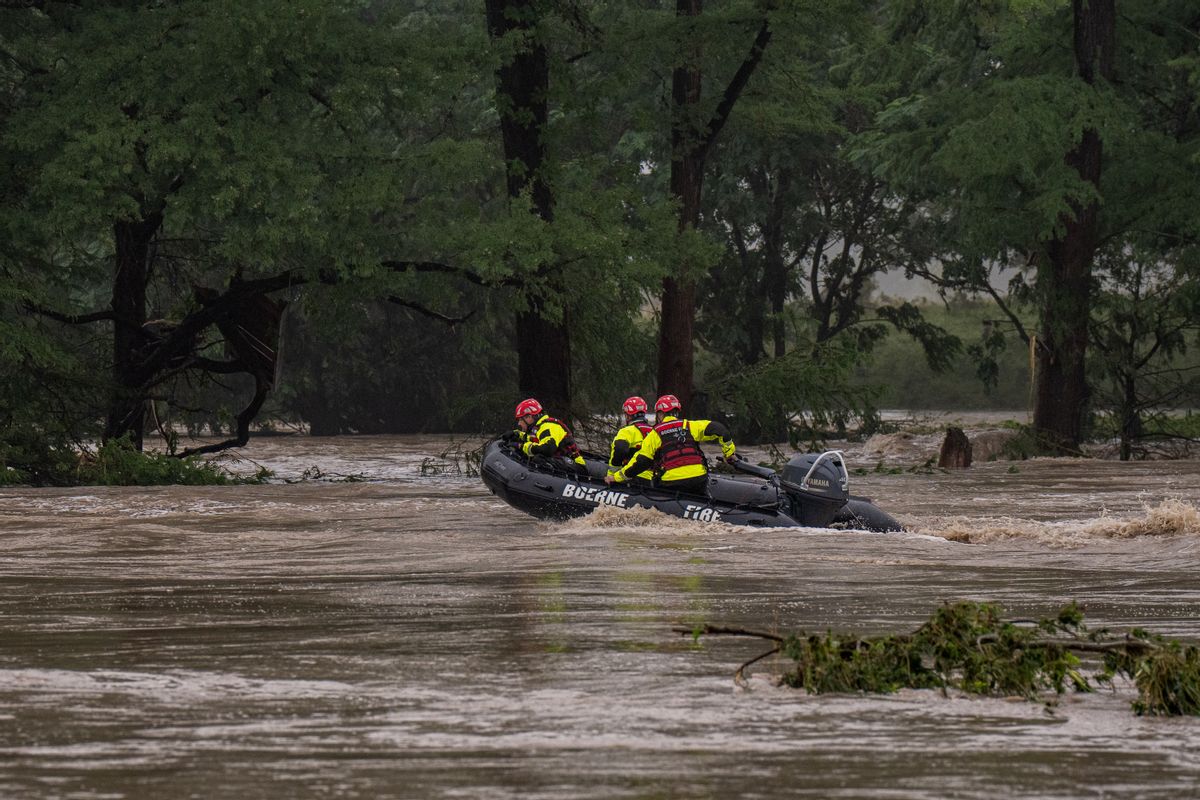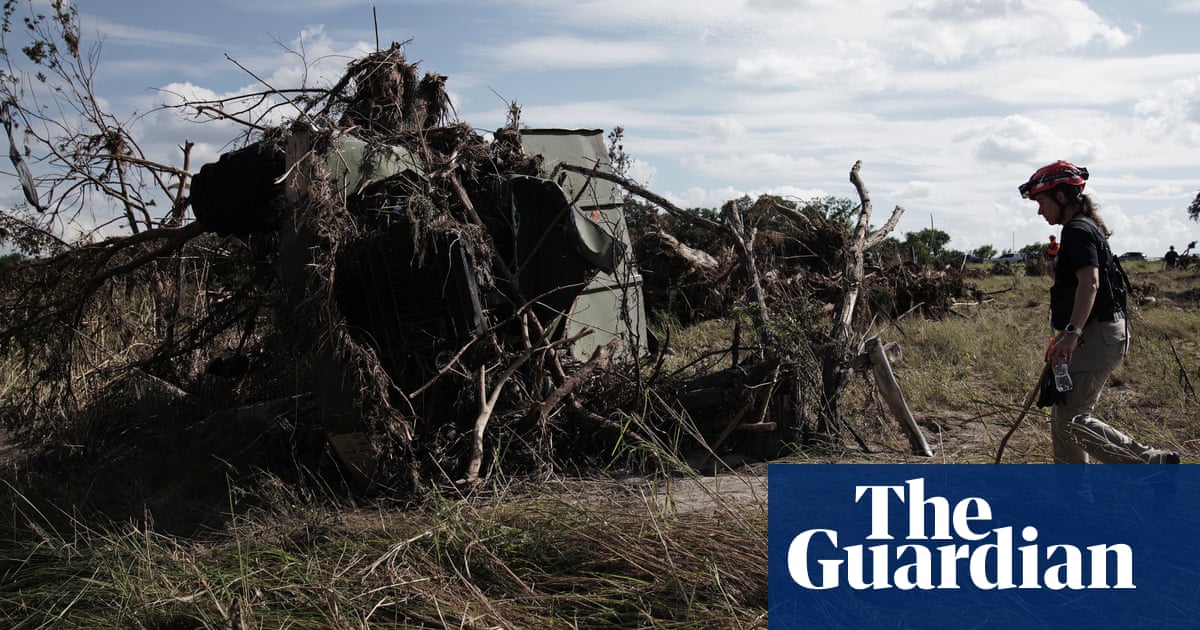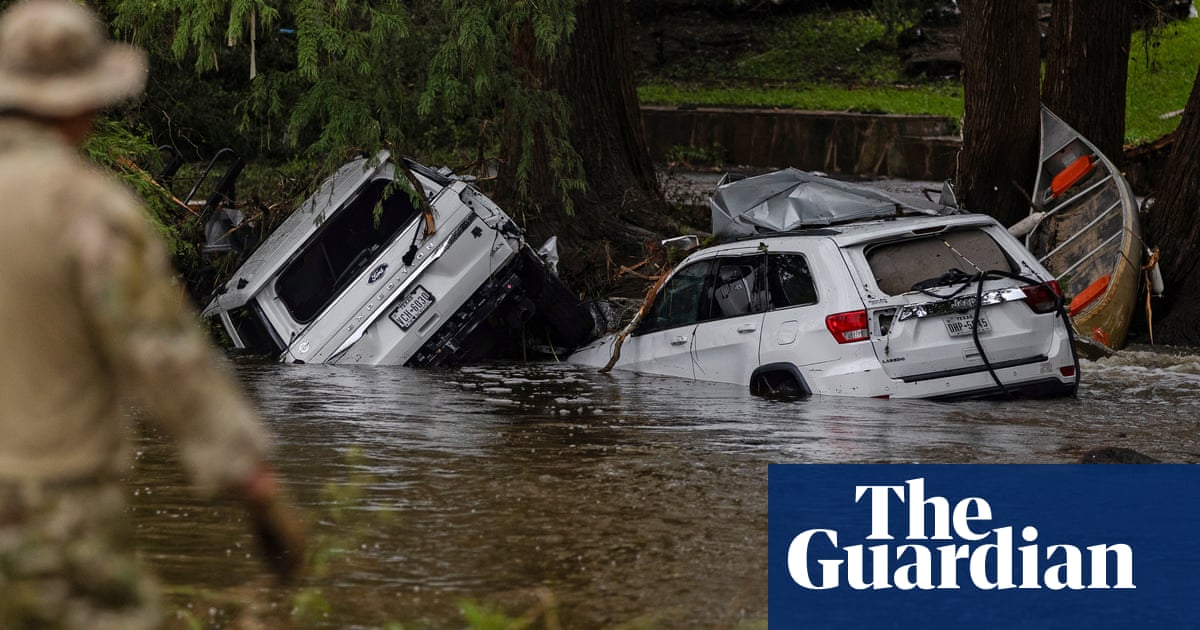Trump Administration Reconsiders Plans to Abolish FEMA Amidst Texas Flood Crisis

The Trump administration appears to be taking a step back from its previous commitment to abolish the Federal Emergency Management Agency (FEMA). This change in approach comes as President Donald Trump travels to Texas to witness the devastating aftermath of recent flash floods that have caused unprecedented destruction and loss of life.
A senior official from the White House shared with The Washington Post that instead of completely eliminating FEMA, the administration is now focused on rebranding the agency. This shift in strategy marks a significant change from earlier plans, as the president grapples with both public and political pressure regarding the government's disaster response capabilities.
The recent flash floods in Texas, which occurred around July 4, resulted in over 120 fatalities, including 27 campers and their counselors from Camp Mystic, a girls' camp with notable connections to former First Lady Laura Bush. With at least 150 individuals still unaccounted for, the catastrophic flooding along the Guadalupe River has raised serious concerns about the federal government's preparedness and response times. Criticism has escalated following reports that Homeland Security Secretary Kristi Noem delayed approval for essential aid for four days, a detail that has drawn ire from both sides of the political aisle.
Trump attempted to downplay Noem's delayed response, asserting that she was the first to appear on television in the affected area. Noem herself dismissed the critical report from CNN as inaccurate and referred to it as “fake news.” She firmly stated, “We were right on time. We were there,” emphasizing that the administration acted swiftly in the face of tragedy.
Despite the initial plans to dismantle FEMA, a White House spokesperson noted that the agency is not on track for elimination. Instead, they highlighted that the administration's new approach is already being implemented in Texas, even without formal action. The spokesperson elaborated that the federal government has already disbursed funds to Texas, allowing Governor Greg Abbott to take the lead in dealing with the ongoing crisis. “The president immediately delivered the dollars...you should expect this structure...to continue,” the official stated.
Trump first hinted at the potential dissolution of FEMA back in January, labeling the agency as “not good” and characterizing its operations as a failed experiment. Following a series of natural disasters that have struck various parts of the country, including devastating fires in California, the prospect of eliminating FEMA sparked outrage across the U.S.
FEMA plays a crucial role in coordinating federal responses to disasters that have received a presidential disaster declaration. Its responsibilities include providing housing repairs, covering medical expenses, removing debris, and rebuilding public infrastructure—essential support in times of crisis, as seen after Hurricane Katrina, Hurricane Sandy, and numerous wildfires in California. Currently, FEMA personnel are deployed in several states, including Tennessee, Arkansas, Mississippi, Kentucky, and Missouri, assisting in the aftermath of severe storms.
This pivot regarding FEMA is not the first instance of shifting policies from the Trump administration. The president's indecision has become a recurring theme, leading to confusion among both international leaders and his administration staff. This tendency to reverse course on significant policies, including tariffs, has even garnered the nickname TACO, which stands for 'Trump Always Chickens Out.' This term surfaced after Trump briefly implemented tariffs on imports before reversing his decision a week later.
In response to criticisms regarding the handling of FEMA, White House Deputy Press Secretary Abigail Jackson defended the administration’s goals, emphasizing that the headline of The Washington Post did not accurately portray the efforts aimed at reforming FEMA. Jackson stated, “President Trump is committed to right-sizing the federal government while empowering state and local governments,” and that the FEMA Review Council will soon provide recommendations to ensure that federal involvement remains appropriate in the scale of a disaster.
The FEMA Review Council is anticipated to release a report in November detailing suggestions for enhancing the federal disaster response system, emphasizing a collaborative approach that fosters state and local resilience.


























